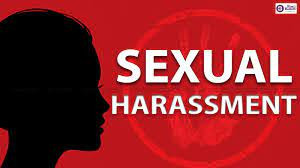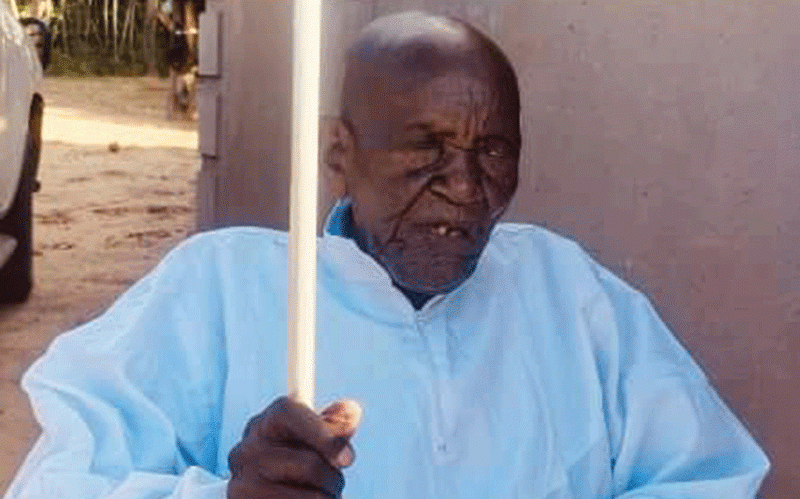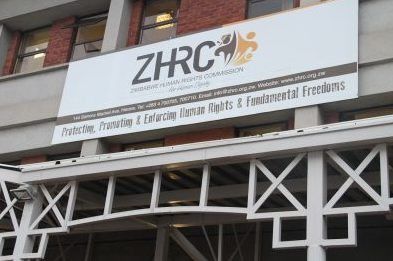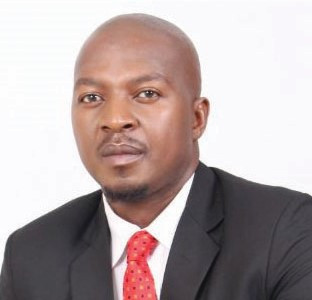
NOMSA*, a 28-year-old marketing executive, recently landed a job at a reputable firm.
Her story is a chilling testament to the pervasive sexual abuse women face in the workplace.
“I was unemployed for months, and my family depended on me,” Nomsa recounts, her voice trembling.
“When I got the interview, I knew I had to do whatever it took to get the job.”
During the interview, Nomsa’s prospective employer made his intentions clear.
“He asked me if I was ‘available’ for after-work meetings,” she recalls.
“I knew what he meant, but I needed the job.”
Nomsa felt trapped, forced to choose between her livelihood and dignity.
- Mine workers shoot down Nec pay rates
- The dark side of employment: Women’s struggle against sexual abuse at work
Keep Reading
In Zimbabwe, a sinister reality lurks behind the facade of professional workplaces.
Quite a good number of women, desperate for employment, are being coerced into trading their dignity for a wage.
The experience left Nomsa shattered, affecting her mental health, self-esteem and relationships.
She began to question her worth, feeling like a mere object for men to exploit.
“I couldn’t sleep at night, thinking about what I had done,” Nomsa confessed.
“I felt dirty, used and ashamed.”
Nomsa’s story is not isolated.
Many women face similar ordeals, forced to endure sexual advances, harassment, or even assault to keep their jobs.
Some are coerced into relationships with superiors, fearing dismissal if they refuse.
Experts warn that workplace sexual abuse has severe consequences, including anxiety, depression and suicidal thoughts.
“Victims often struggle to report incidents due to fear of retaliation or stigma,” said Rumbidzai Moyo, a psychologist specialising in trauma.
To combat this epidemic, experts advocate for creating safe reporting mechanisms, free from retaliation and enforcing strict anti-harassment policies.
Organisations like the Zimbabwe Women’s Lawyers Association and the National Employment Council of Zimbabwe are working tirelessly to support victims and push for legislative change.
Nomsa’s courage in sharing her story has inspired others to speak out.
“I want to help create a world where women can work without fear of exploitation,” she says.
“We deserve dignity, respect and safety in our workplaces.”
Labour expert Tichafara Viriri said sexual abuse was a great concern in the work place, adding that both sexes were being affected.
“It is important to speak out. The abusers thrive on the silence of victims who become the accused when they report sexual violence. Abuse can result in physical, psychological, sexual or economic harm,” Viriri said.
“It can also affect the victim’s family. Imagine your husband being told that your wife has been sexually abused, the next thing will be desperation, divorce or endless conflicts. Sexual abuse also affect the dignity of women.”
Viriri cited the case of Lunga Mbatha vs Confederation of Zimbabwe Industries (CZI).
In 2003, Rita Marque Lunga-Mbatha was summarily fired from her job at the CZI after raising sexual harassment charges against the body’s then chief executive officer, Farai Zizhou.
Mbatha was Zizhou’s personal assistant.
She took her case to the Labour Court, which ruled in her favour, a ruling that CZI succeeded in getting overturned, prompting her to appeal to the Supreme Court.
In June 2017, the Supreme Court ruled in her favour and since then, she had been pursuing damages for both loss of job and the sexual harassment that she suffered at the hands of Zizhou.
Unable to afford a legal defence team, Mbatha defied the odds by representing herself against some of the country’s top legal minds that the deep-pocketed industries’ body hired throughout the protracted battle, and repeatedly winning, hands down.










